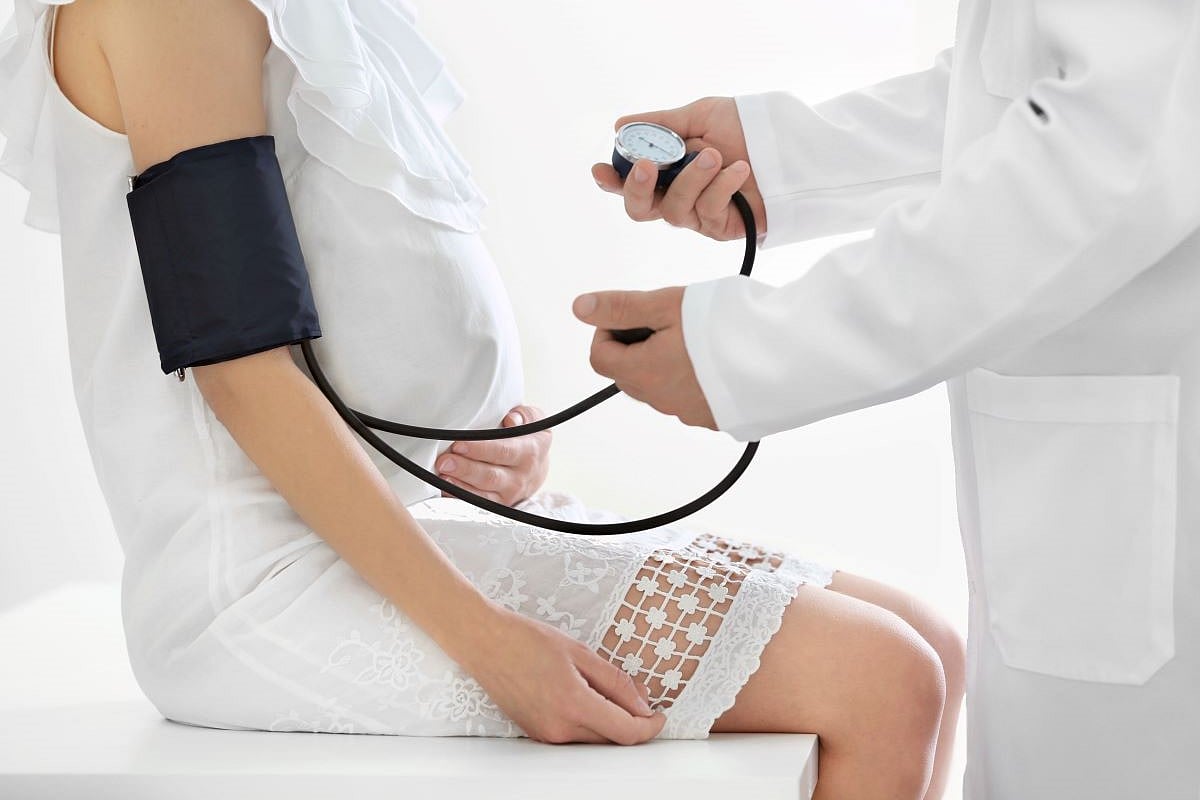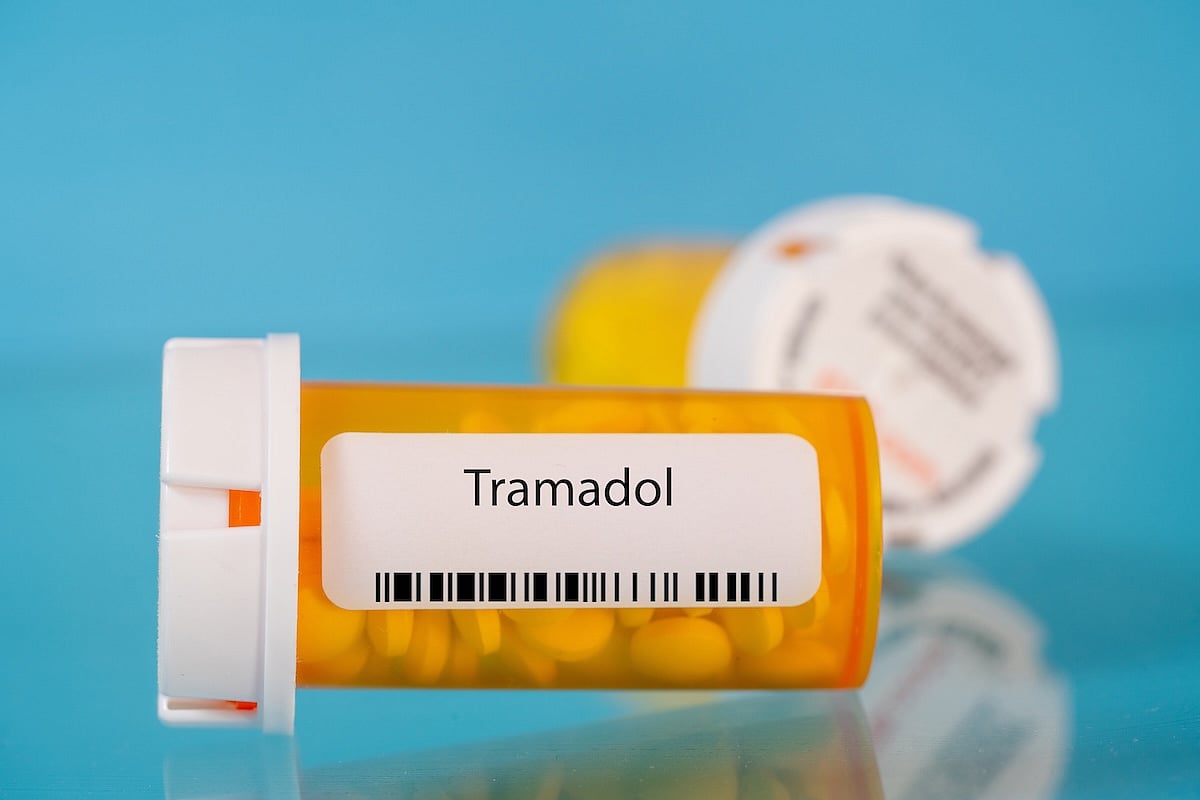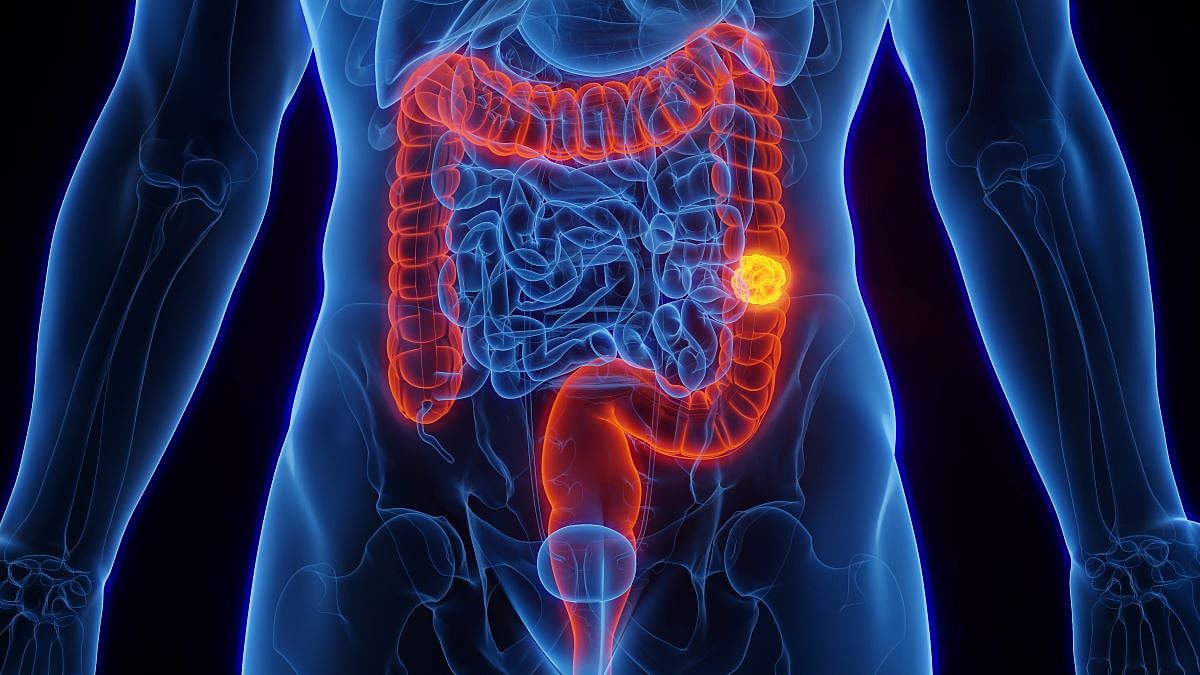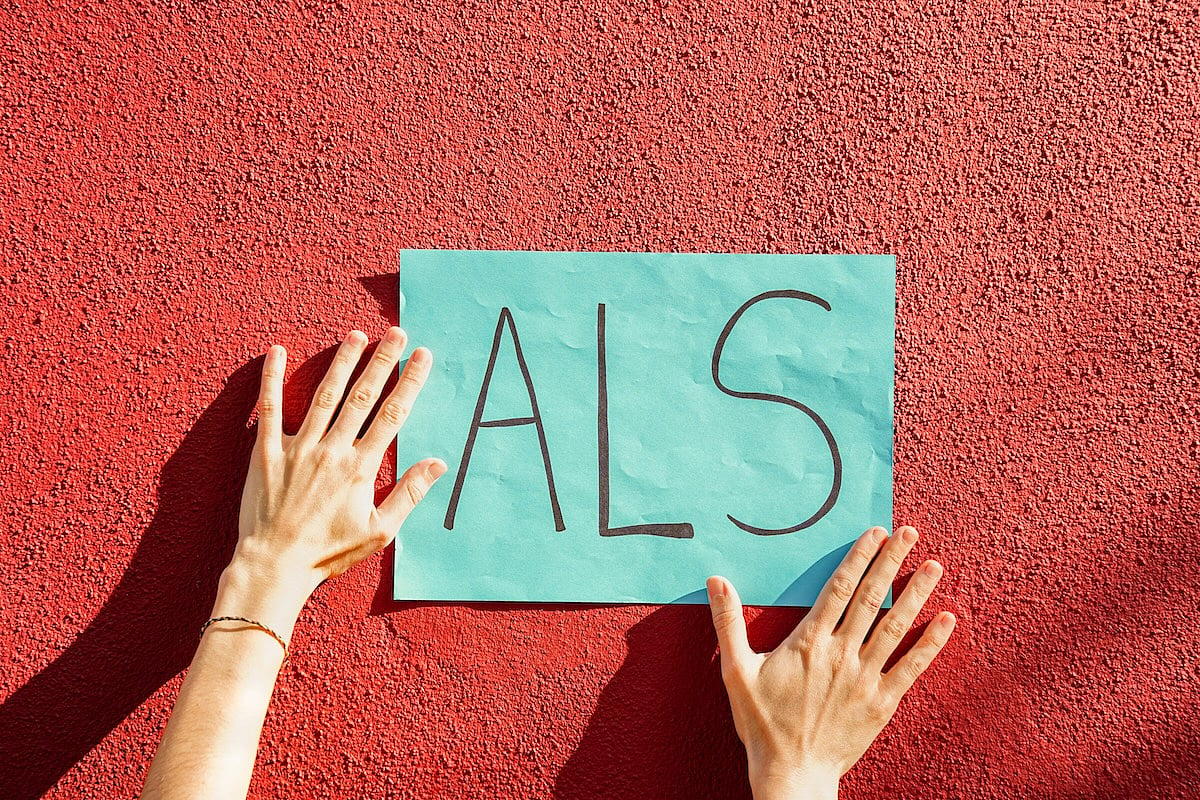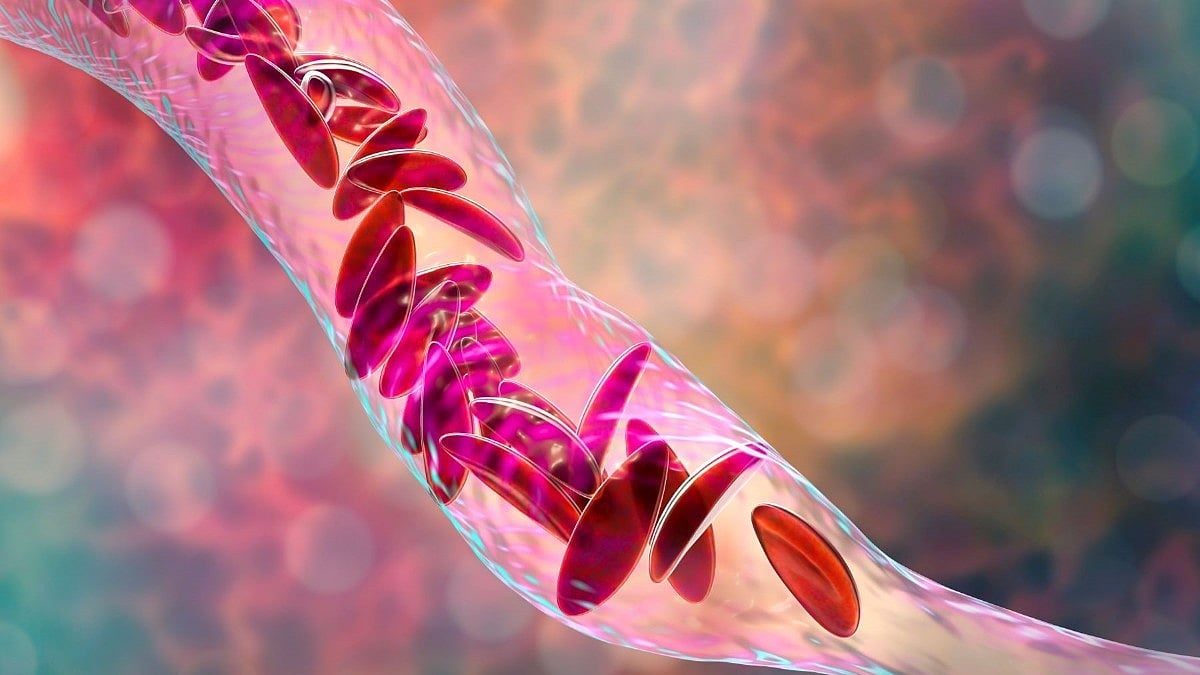
Patients experiencing a sickle cell crisis can wind up waiting hours in agony if inappropriately triaged by ER staff, a new study says. Patients misplaced in a less severe pain category waited nearly three times as long for their first dose of pain medication compared to those assessed properly, researchers reported Oct. 7 in the… read on > read on >










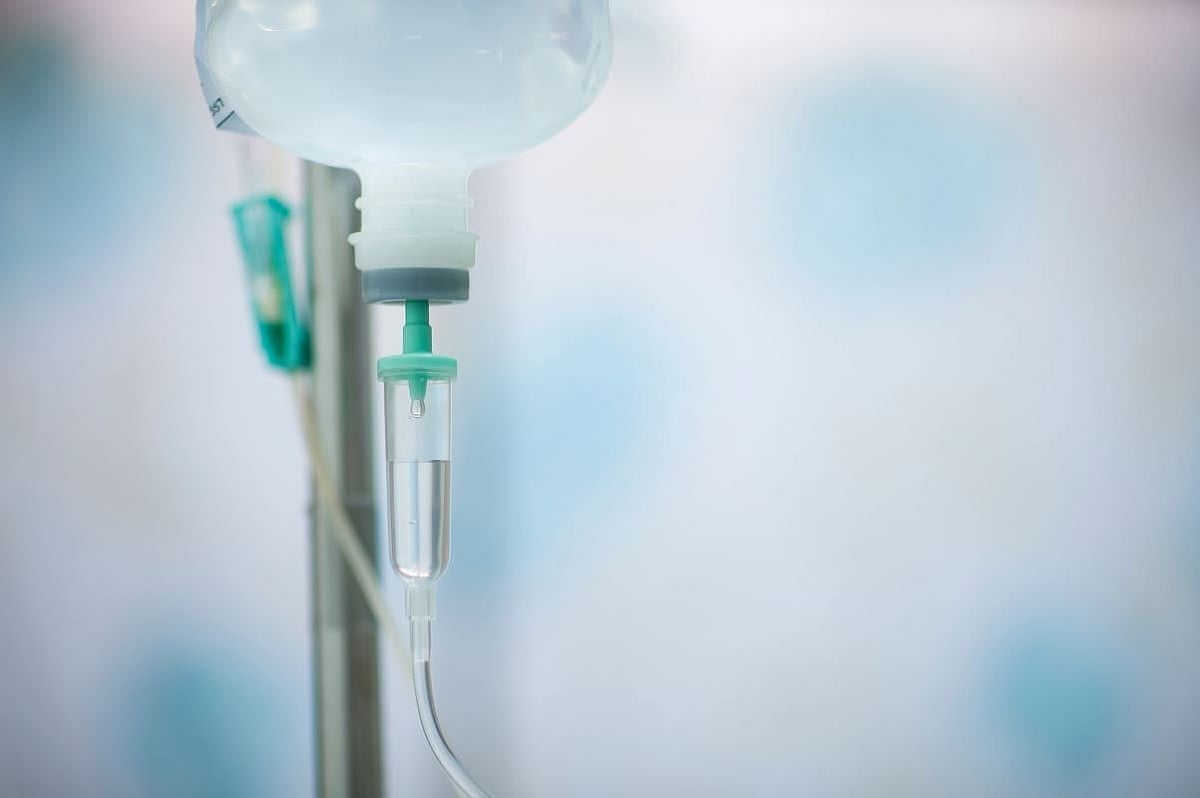


.jpg)
